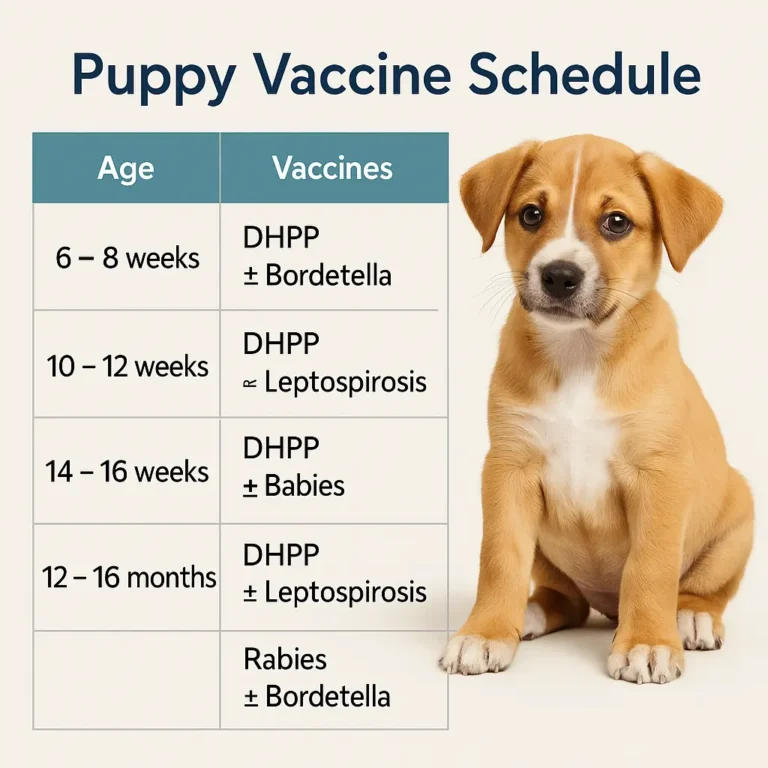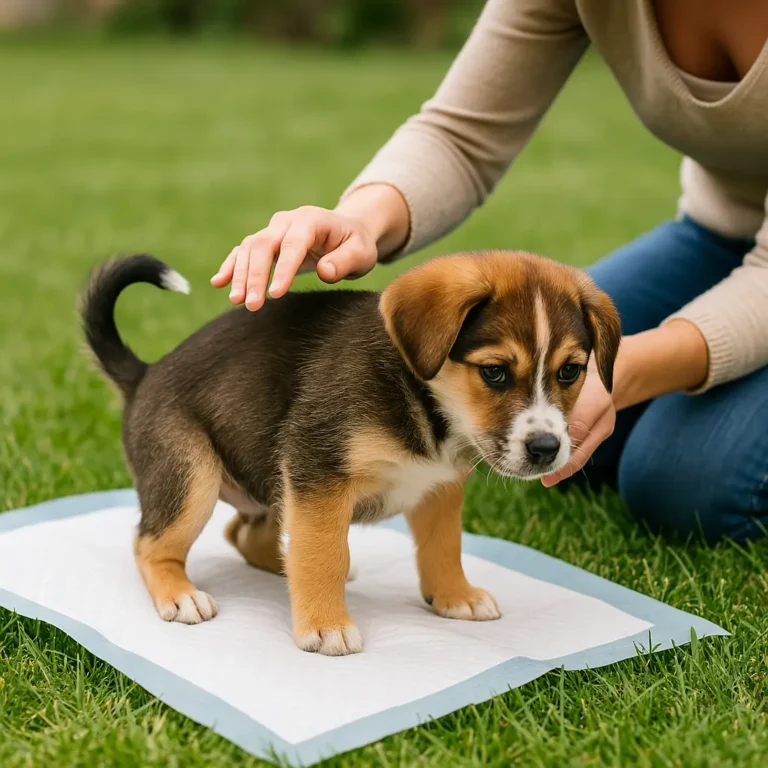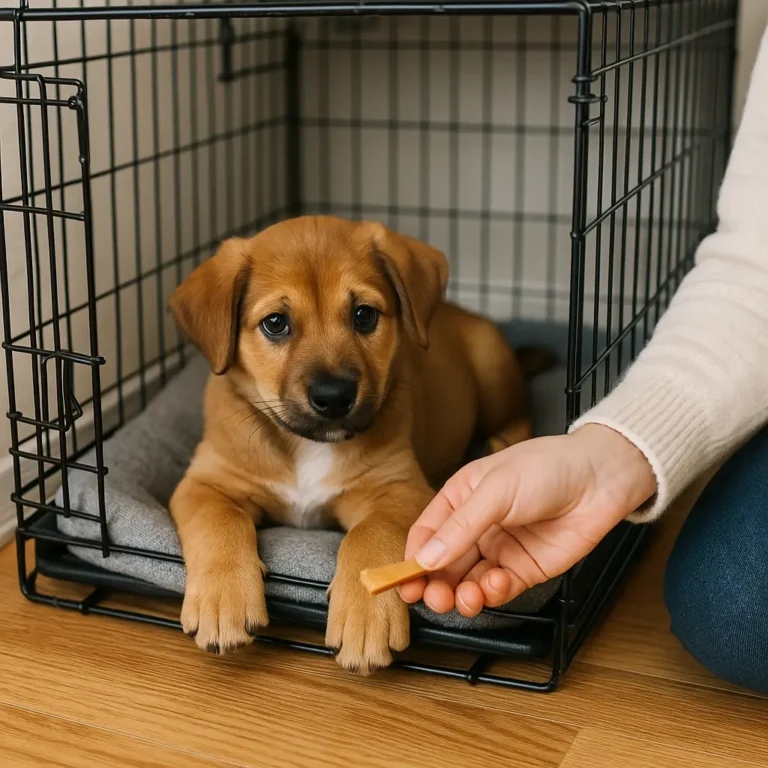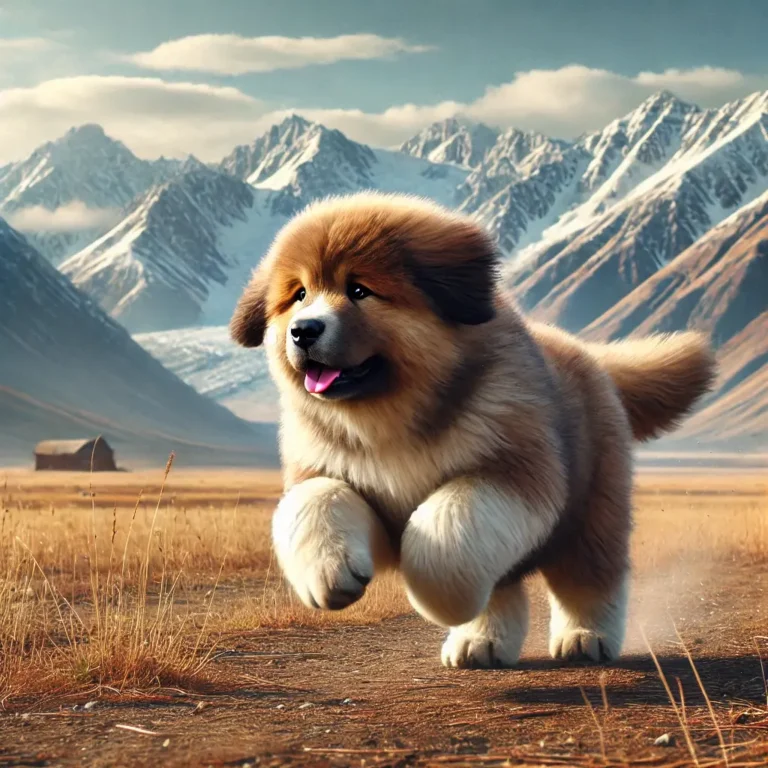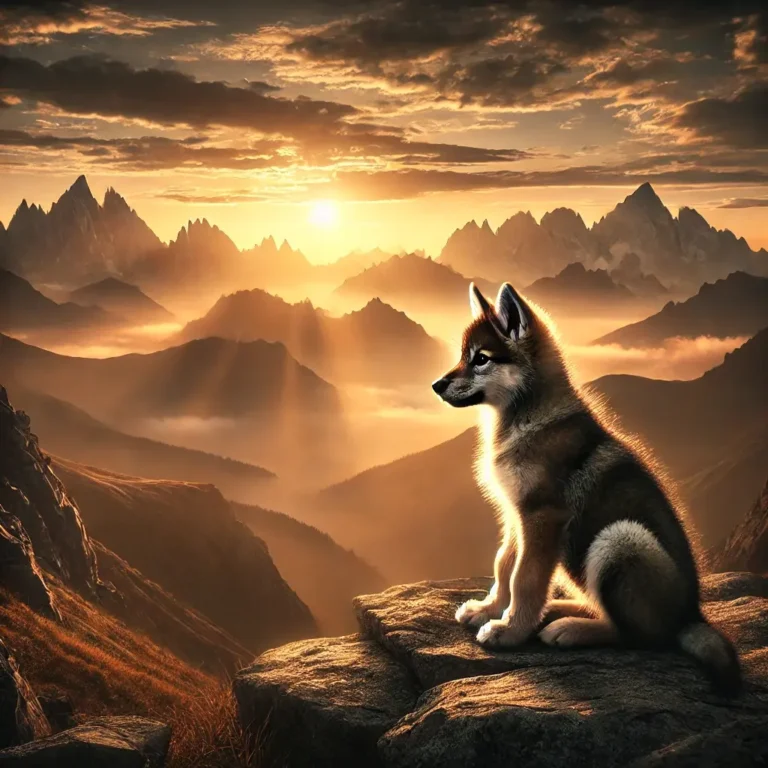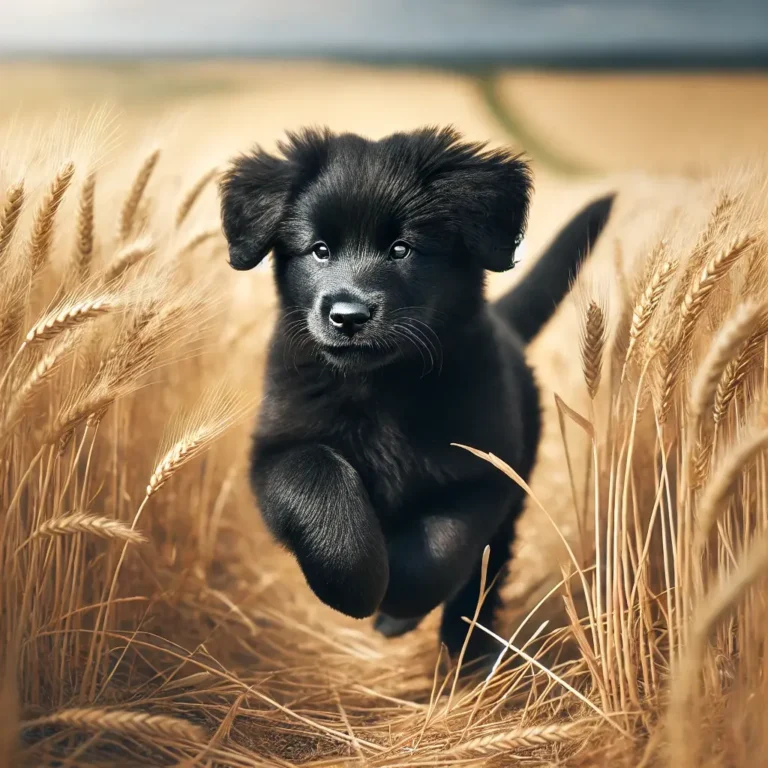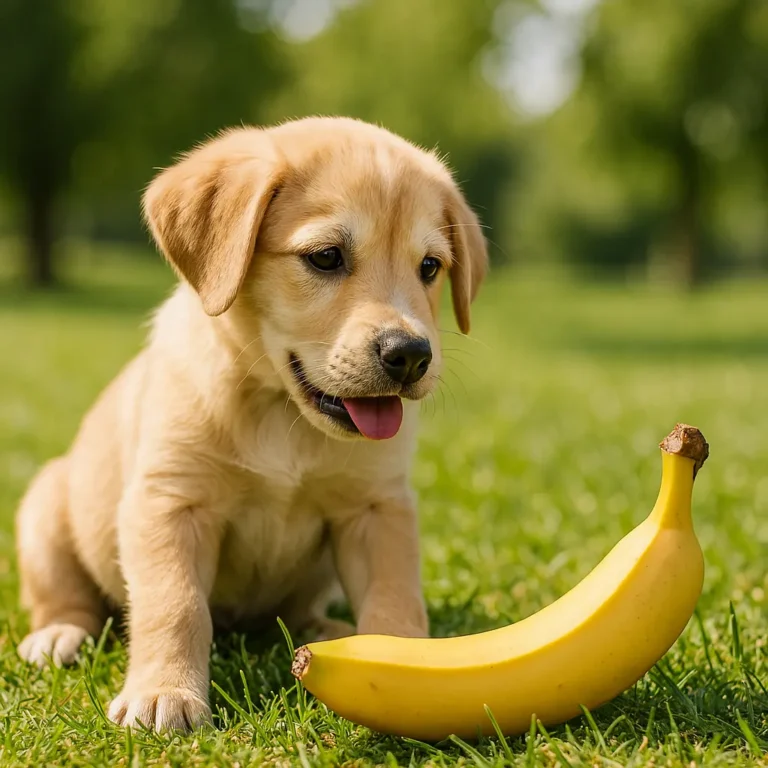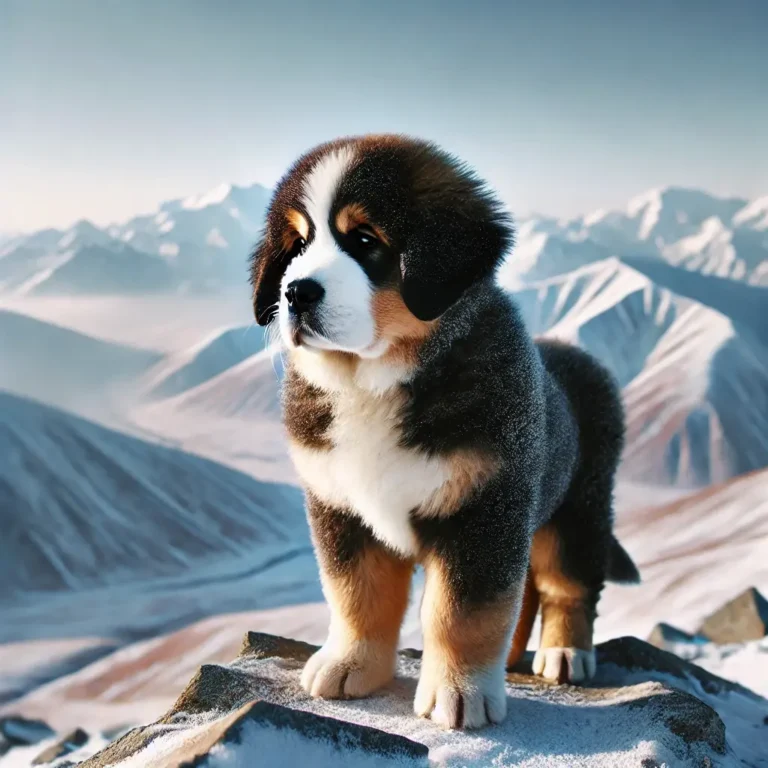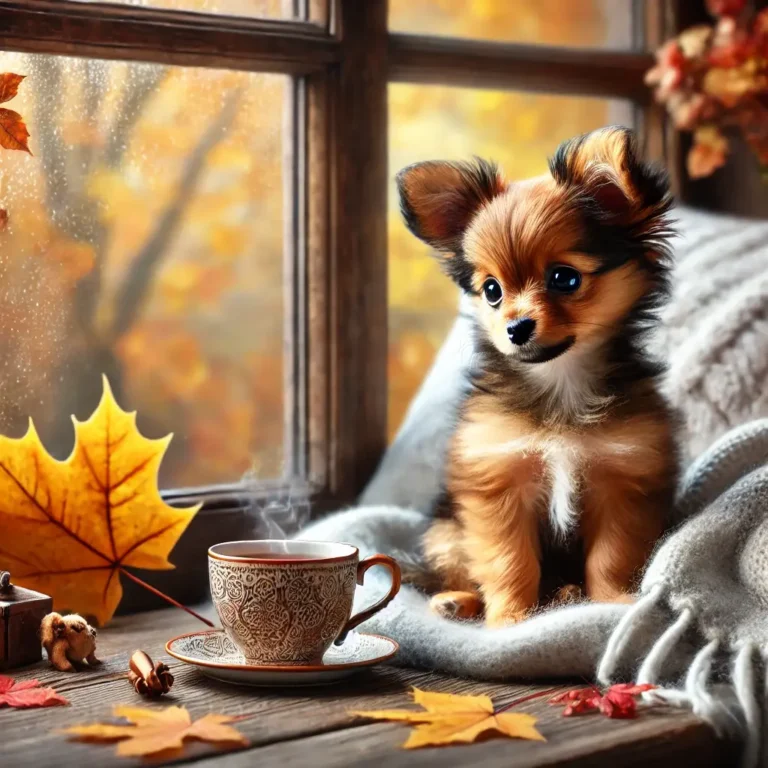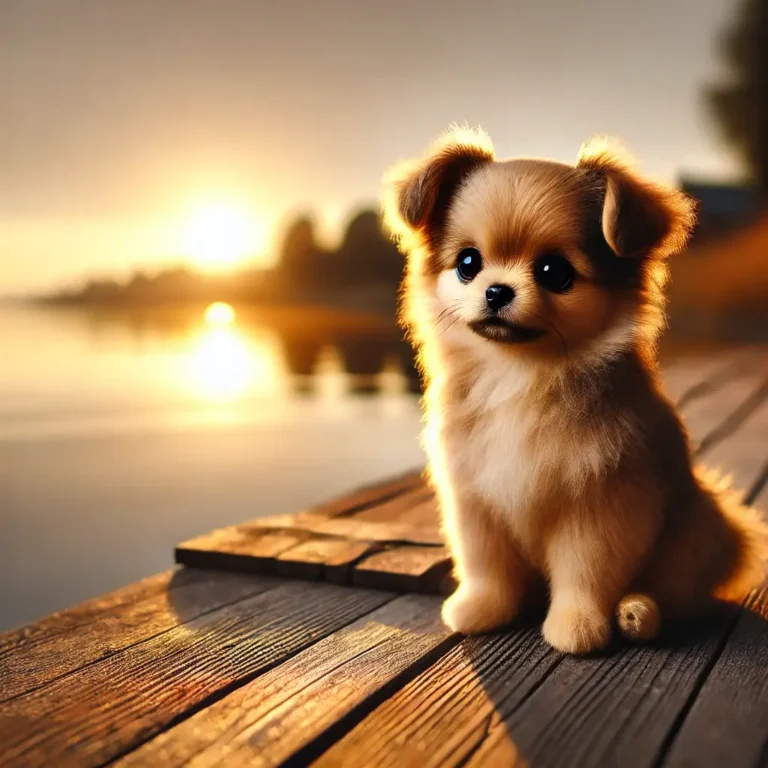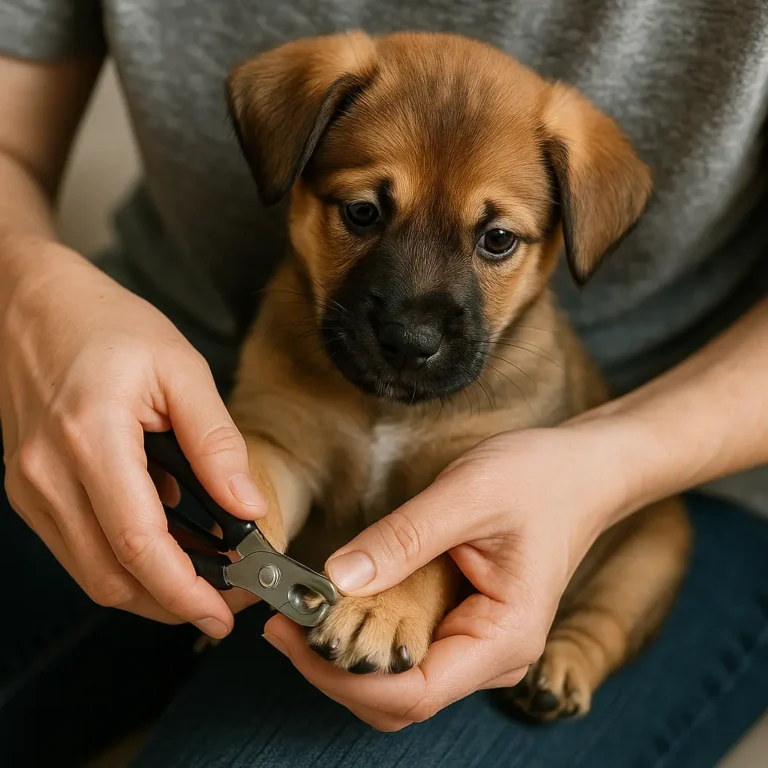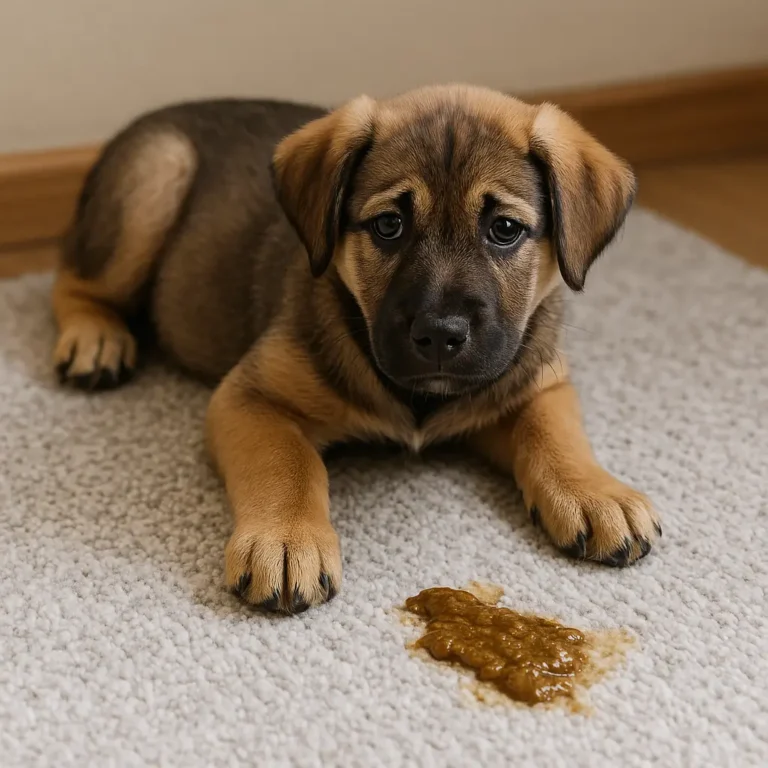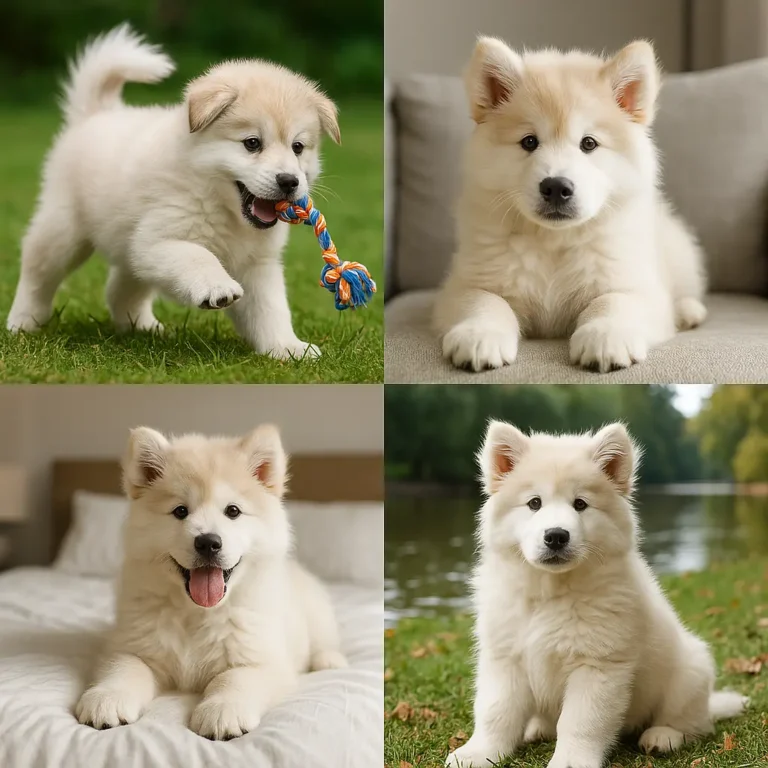Russian Mountain Dog
Russian Mountain Dog: The Mighty Protector of the Highlands
The Russian Mountain Dog, also known as the Mountain Russian Dog, is a powerful, fearless, and independent guardian breed. Bred to protect livestock and homes in Russia’s rugged mountainous regions, these dogs are strong, intelligent, and highly protective.
With their massive build and thick coat, they thrive in cold and harsh climates. They are known for their deep loyalty to their owners but are naturally wary of strangers, making them exceptional guard dogs. Their strong-willed nature requires an experienced handler who can provide firm leadership and consistent training.
Despite their serious working temperament, Russian Mountain Dogs are affectionate with their families. However, they require early training and socialization to become well-adjusted companions. If you’re looking for a guardian dog with unmatched strength and courage, the Russian Mountain Dog is one of the best choices for protection and companionship.
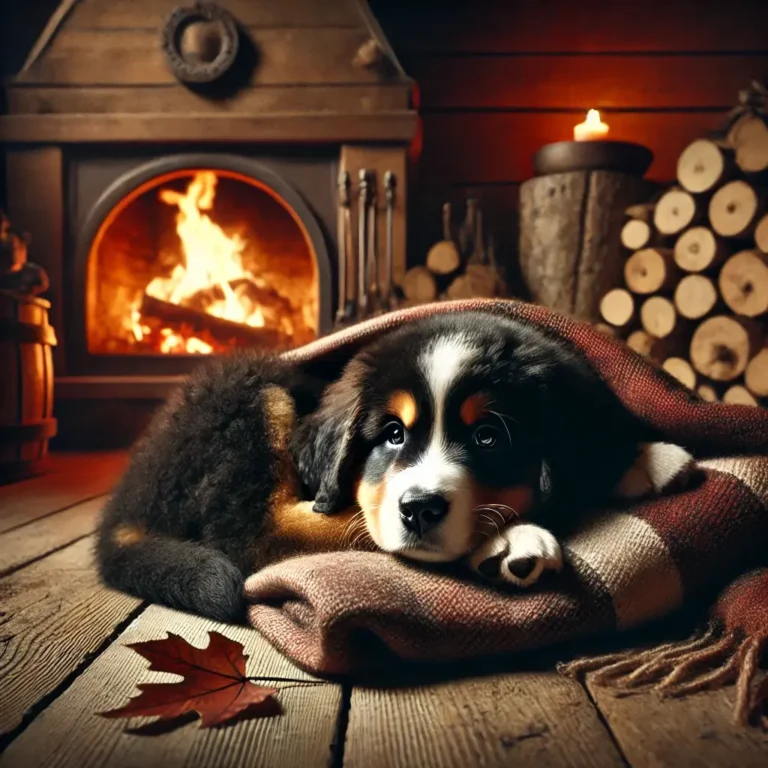
Russian Mountain Dog Puppy: What to Expect?
A Russian Mountain Dog puppy may look adorable and fluffy, but these dogs grow quickly into large, dominant protectors. Early socialization and obedience training are essential to prevent territorial aggression.
Puppies require a high-protein diet for proper muscle development and joint supplements to support their growing bones. Owners should introduce them to new people, places, and animals to ensure a well-rounded temperament.
Training should begin early, focusing on basic obedience and leash training. With the right guidance, Mountain Russian Dog puppies grow into fearless and devoted guardians that protect their home and family.
Breed Traits
Massive and muscular, built for protection Deeply loyal but reserved with strangers Highly intelligent and independent thinker Naturally protective, making them excellent watchdogs Requires firm leadership and consistent training
With proper care and regular vet check-ups, the Russian Mountain Dog has a lifespan of 10-14 years. A healthy diet, exercise, and joint care ensure a long and active life.
This giant breed stands between 26 to 32 inches tall at the shoulder. Their imposing size makes them a formidable protector, capable of guarding livestock and homes against predators.
The Russian Mountain Dog weighs between 90 to 170 pounds, depending on gender and genetics. Proper nutrition, exercise, and weight management help prevent joint issues common in large working breeds.
- Requires a large yard or rural setting
- Not suited for apartment living due to size and energy levels
- Thrives in cold climates, thanks to its thick coat
- Best for experienced dog owners
Breed Characteristics
Thick, weather-resistant coat for extreme climates Deep, powerful bark that deters intruders Highly protective and territorial Requires a strong leader to manage its dominant nature
These dogs are highly protective of their families but require proper socialization to ensure they do not become overly aggressive. They do best in homes with experienced owners and firm leadership.
- Thick double coat in shades of black, gray, and white
- Massive frame with a muscular build
- Large, powerful paws built for rough terrain
- Deep-set, alert eyes exuding intelligence
The Russian Mountain Dog is naturally wary of strangers but deeply devoted to its family. Proper early exposure to different people and environments helps prevent overprotectiveness.
- Fearless and confident, with a strong guardian instinct
- Loyal and affectionate with family but cautious with outsiders
- Highly intelligent, requiring mental stimulation
- Independent thinker but needs clear training
Training a Russian Mountain Dog: Challenges and Tips
Training a Russian Mountain Dog requires patience, experience, and consistency. These dogs are highly intelligent but independent, meaning they need a strong leader to guide them.
🔹 Best Training Practices:
- Start socialization early to prevent excessive guarding tendencies.
- Use positive reinforcement instead of harsh corrections.
- Focus on basic obedience, off-leash recall, and territorial boundaries.
- Provide structured exercise like hiking, agility drills, or pulling activities.
Without proper training, these dogs can develop aggressive tendencies, so consistent discipline and structure are necessary.
Russian Mountain Dog History & Facts
The Russian Mountain Dog has a long history of protecting livestock, homes, and military bases in Russia's harsh mountainous regions. These dogs were bred to ward off predators such as wolves and bears.
Over the centuries, they have developed strong territorial instincts and unmatched endurance, making them one of the most reliable guardian breeds. They are still widely used in military and security roles due to their size, intelligence, and fearless nature.
Today, they remain a highly sought-after breed for those needing an exceptional guard dog and devoted family protector.
Their thick double coat protects them in subzero temperatures, allowing them to survive in mountainous regions.
These dogs were originally bred to protect livestock from wolves and other predators.
Despite their size, they have incredible speed and stamina, making them effective working dogs.
Due to their dominant personality, they need firm leadership and structured training.
Their powerful bark is loud enough to scare off intruders and wild animals.
Popular Russian Mountain Dog Mix Breeds
The Russian Mountain Dog has been crossed with other large working breeds to create strong, intelligent hybrids. Some popular mixes include:
- Russian Mountain Dog x Alaskan Malamute – A mix of endurance and cold resistance.
- Russian Mountain Dog x Caucasian Shepherd – An ultra-strong guardian breed.
- Russian Mountain Dog x German Shepherd – A highly trainable working dog.
Each of these mix breeds carries the loyalty, strength, and intelligence of the Russian Mountain Dog while adapting to different environments.
🥩 Russian Mountain Dog Diet: What Should They Eat?
The Russian Mountain Dog requires a high-protein, nutrient-rich diet to maintain its large size and strong endurance. Lean meats like beef, lamb, and chicken provide essential proteins, while brown rice and sweet potatoes supply sustained energy. Omega-3 and Omega-6 fatty acids from fish oil and flaxseeds help maintain coat health and joint flexibility. Fresh vegetables and fruits like spinach, carrots, and blueberries improve digestion and boost immunity. Avoid artificial fillers and excessive grains. Feeding premium kibble, raw food, or a balanced homemade diet ensures optimal health. Always provide fresh water, and adjust portion sizes based on activity level and weight.
🐶 Russian Mountain Dog Behavior: Independent and Loyal
The Russian Mountain Dog is a strong, intelligent, and independent guardian. Originally bred to protect livestock and property, they are naturally territorial and protective. Though affectionate toward their family, they require early socialization and consistent training to ensure they develop a balanced temperament and remain well-mannered.
Alertness
Protectiveness
Prey drive
Aggressiveness
Barking level
Trainability
Mental stimulation needs
Intelligence
🐕 Popular Mountain Dog Mix Breeds You Should Know
The Russian Mountain Dog is often mixed with other large breeds to enhance guarding ability, endurance, and resilience. Popular Mountain Dog Mix Breeds include:
- Russian Mountain Dog Husky Mix – A cold-resistant, high-energy working dog.
- Russian Mountain Dog German Shepherd Mix – A powerful and highly trainable protector.
- Russian Mountain Dog Great Pyrenees Mix – A strong-willed, large guardian breed.
- Russian Mountain Dog Alaskan Malamute Mix – A durable, hard-working, and adventurous hybrid.
These mixes retain the loyalty, intelligence, and protective instincts of the Russian Mountain Dog, making them excellent for experienced owners.
🛁 Grooming Guide for a Russian Mountain Dog: Keep Their Coat Thick & Healthy!
The Russian Mountain Dog has a dense, thick double coat that requires frequent grooming. Brushing 3-4 times a week helps prevent matting and removes loose fur. Bathing should be done every 6-8 weeks using a hypoallergenic shampoo to maintain coat health. Regular ear cleaning prevents infections, while nail trimming every three weeks ensures comfort. This breed sheds heavily during seasonal changes, requiring daily brushing in spring and fall. Professional grooming every few months helps maintain their thick coat. Brushing their teeth twice a week prevents dental issues and keeps their breath fresh.
Physical Attributes: What Makes the Russian Mountain Dog Unique?
The Russian Mountain Dog, also known as the Caucasian Shepherd Dog, is a massive and muscular breed built for harsh mountainous terrains. With a broad head, thick double coat, and strong legs, they are fearless guardians. Their deep-set eyes, dense mane, and sturdy build make them intimidating yet highly intelligent companions.
Breed Size
Colours
Coat
Drooling
Snoring
Exercise Needs
Grooming Needs
Aggressiveness
What Are the Common Health Concerns in a Russian Mountain Dog?
The Russian Mountain Dog is generally healthy, but they may develop hip dysplasia, elbow dysplasia, progressive retinal atrophy (PRA), and bloat. Their massive frame makes them prone to joint issues, so owners must provide joint supplements and proper exercise. Their lifespan is 10-12 years, and maintaining a balanced diet, regular vet checkups, and weight control is essential. Due to their thick coat, they are prone to heat sensitivity, so keeping them cool and hydrated in hot climates is crucial. Owners should be mindful of obesity, skin allergies, and cardiovascular health.
The Russian Mountain Dog – A Giant, Fearless Protector
The Russian Mountain Dog is a big fluffy dog breed, weighing 110-200 pounds and standing 26-34 inches tall. Their thick fur, muscular build, and powerful legs make them adaptable to harsh weather and mountainous terrain. Despite their size and strength, they are gentle with their families but extremely territorial with strangers. While they can adapt to various environments, they thrive best in spacious homes or rural areas with room to roam. Their watchful and fearless nature makes them one of the most reliable working dogs.
Russian Mountain Dog faq
Is the Russian Mountain Dog hypoallergenic?
How much exercise does a Russian Mountain Dog need?
Is the Russian Mountain Dog easy to train?
Do Russian Mountain Dogs bark a lot?
What is the lifespan of a Russian Mountain Dog?
Can a Russian Mountain Dog live in an apartment?
Are Russian Mountain Dogs good with kids?
Do Russian Mountain Dogs need professional grooming?
A Day in the Life of a Russian Mountain Dog
The Russian Mountain Dog starts its day with a morning patrol or exercise session. They enjoy guarding, training, and playing with their family. Throughout the day, they require mental stimulation and social interaction to stay happy. Their loyal and protective instincts make them great working dogs. Evening walks and bonding time with their owner help them relax before bedtime. Their strong instincts and intelligence require structured routines and leadership to keep them engaged and well-behaved.
The Russian Mountain Dog is a large, intelligent, and fearless breed, ideal for experienced dog owners. Their strength, loyalty, and protective nature make them exceptional guard dogs and family protectors. However, they require firm training, regular exercise, and consistent socialization. If you’re looking for a devoted, courageous, and highly trainable guardian, the Russian Mountain Dog is an excellent choice.


